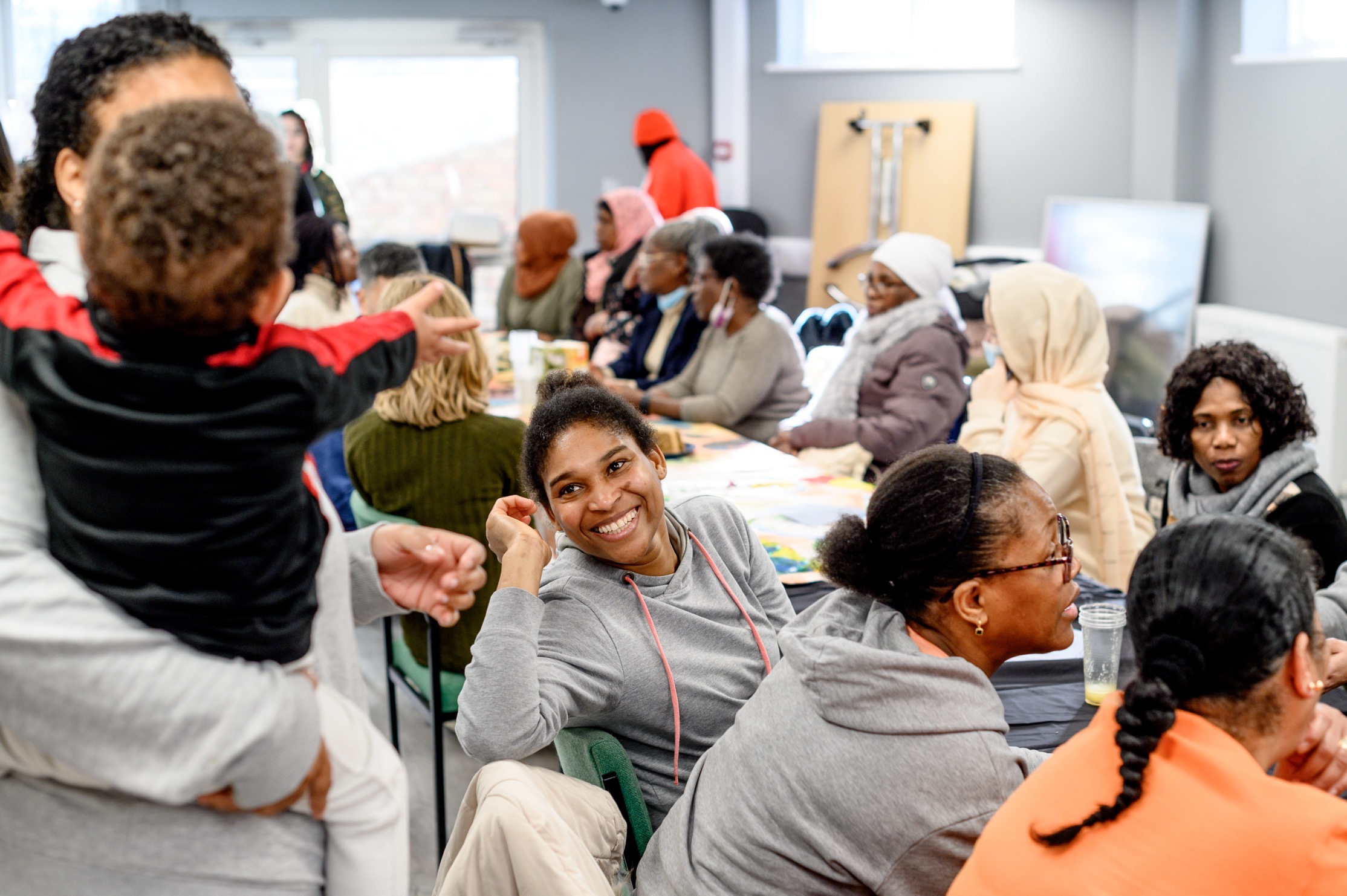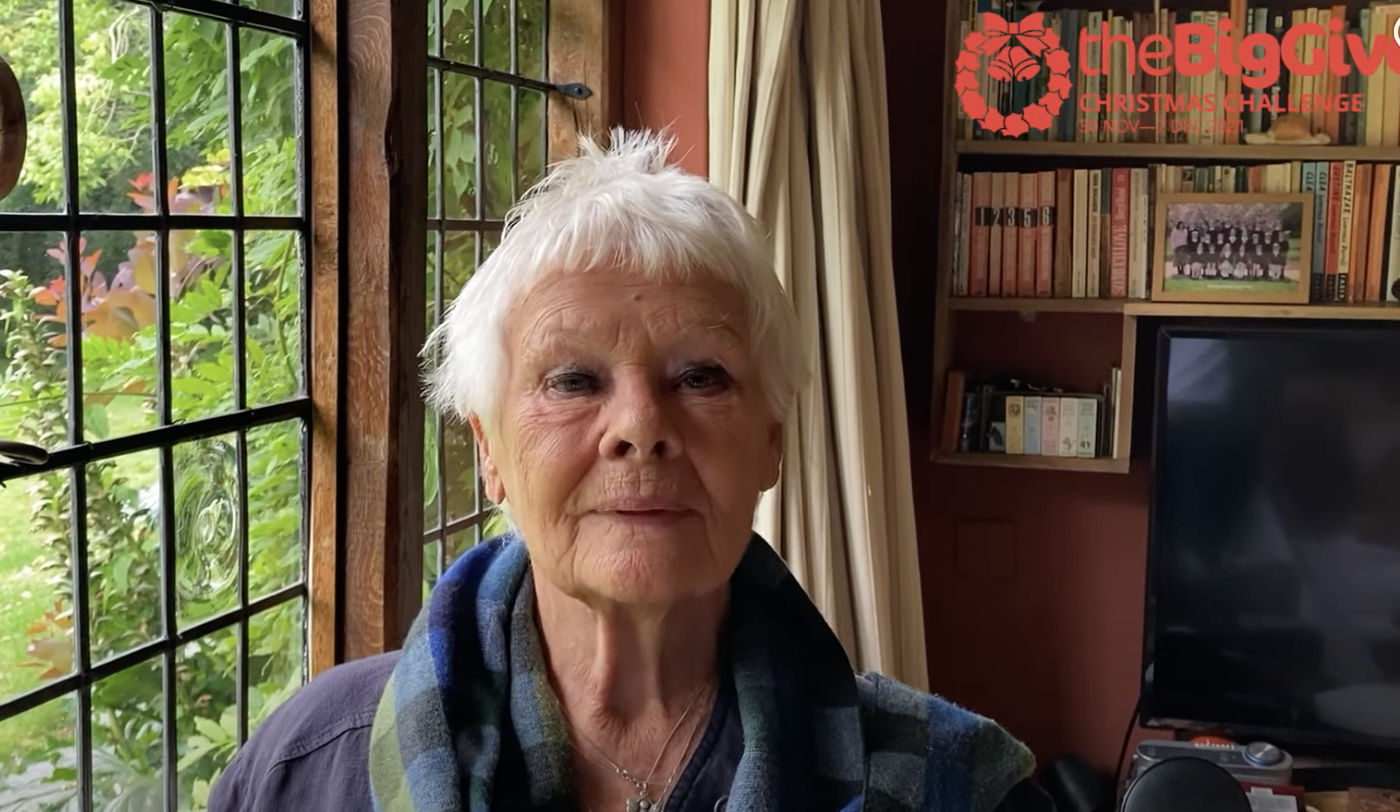Just £4.5% of funding from the UK’s largest grant makers is being used for grants to support social justice good causes, research has found.
The research has been published by Civic Power Fund and is based on analysis of more than 20,000 grants worth £935.7m from 84 funders. This is the equivalent of around one in six of the UK’s largest grant makers.
Funding for community organising and power building work is particularly lacking found the research. This accounts for only 2.3% of all social justice grants and are equivalent to only 0.2% of giving from large funders.
Where social justice grants are handed out, they are “heavily weighted towards services delivery” and lobbying, the research also found.
Almost half of social justice funding is spent on services and more than a quarter is directed to influencing decisionmakers.
Half of social justice spending is for national initiatives and regionally London continues to receive the most funding on a per capita bases, of £411 of grants per 100 people.
As with its previous analysis of grants in 2021/22, the same regions continue to miss out and receive the lowest amounts of per capita funding. These are the East Midlands, East of England, South West and South East.
Disability charities also missing out
Meanwhile, concerns have been raised that funders are no longer prioritising disability charities.
One disability charity CEO, who has asked to remain anonymous, told Charity Times they have noticed that several funders have recently removed disability charities or disability specific programmes from their funding criteria.
“The disability sector is already in crisis …and it feels that we are being dismissed, with organisations such as ours feeling like we are climbing up a marble mountain with a teaspoon, when it comes to applying for grants,” they said.
“For some we no longer fit because our turnover is over £500k which is fair enough, but to remove disability causes from their aims when they have supported them in the past, indicates they think enough is being done in this area and it’s not important enough.”
Among funders she cites one is now specifying that disability charities are no longer eligible to apply for its major grants programme.
Latest News
-
Oxfam to launch independent review into CEO’s departure
-
Hospice charity axes senior management tier to tackle deficit
-
Former government minister becomes children's charity's first CEO
-
Mencap takes over closed charity’s shops amid retail expansion
-
Breast cancer charity founder steps down after 30 years
-
Friday funding roundup - 9 January
Charity Times video Q&A: In conversation with Hilda Hayo, CEO of Dementia UK
Charity Times editor, Lauren Weymouth, is joined by Dementia UK CEO, Hilda Hayo to discuss why the charity receives such high workplace satisfaction results, what a positive working culture looks like and the importance of lived experience among staff. The pair talk about challenges facing the charity, the impact felt by the pandemic and how it's striving to overcome obstacles and continue to be a highly impactful organisation for anybody affected by dementia.
Charity Times Awards 2023
Mitigating risk and reducing claims

The cost-of-living crisis is impacting charities in a number of ways, including the risks they take. Endsleigh Insurance’s* senior risk management consultant Scott Crichton joins Charity Times to discuss the ramifications of prioritising certain types of risk over others, the financial implications risk can have if not managed properly, and tips for charities to help manage those risks.
* Coming soon… Howden, the new name for Endsleigh.
* Coming soon… Howden, the new name for Endsleigh.
Better Society

© 2021 Perspective Publishing Privacy & Cookies











Recent Stories